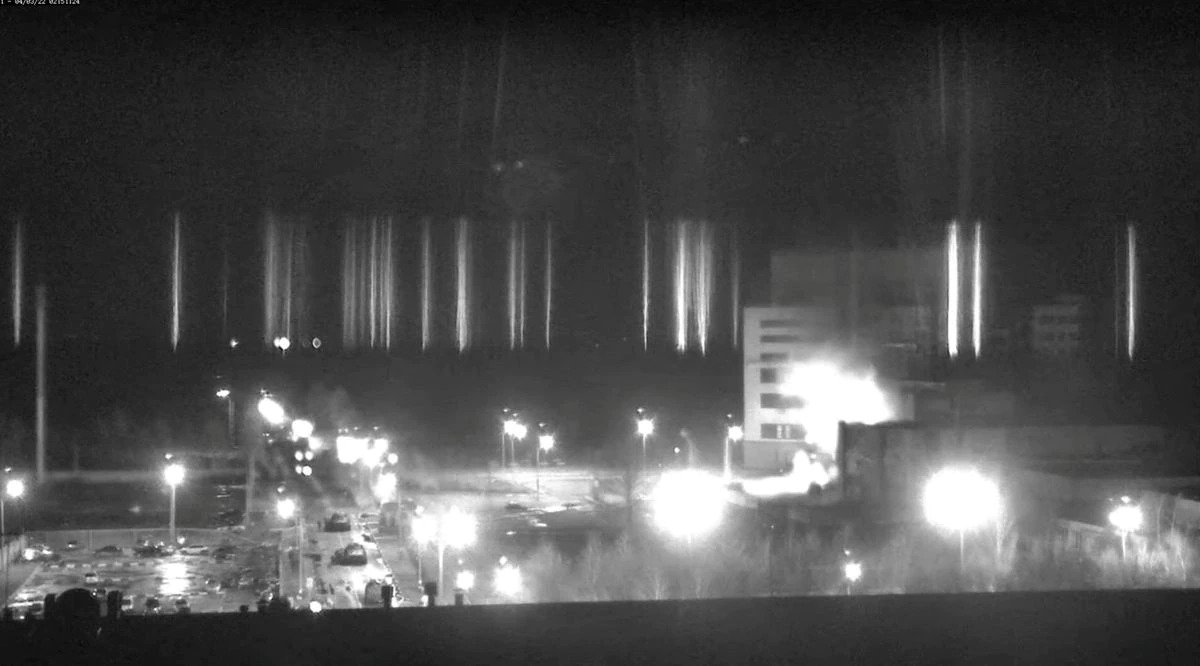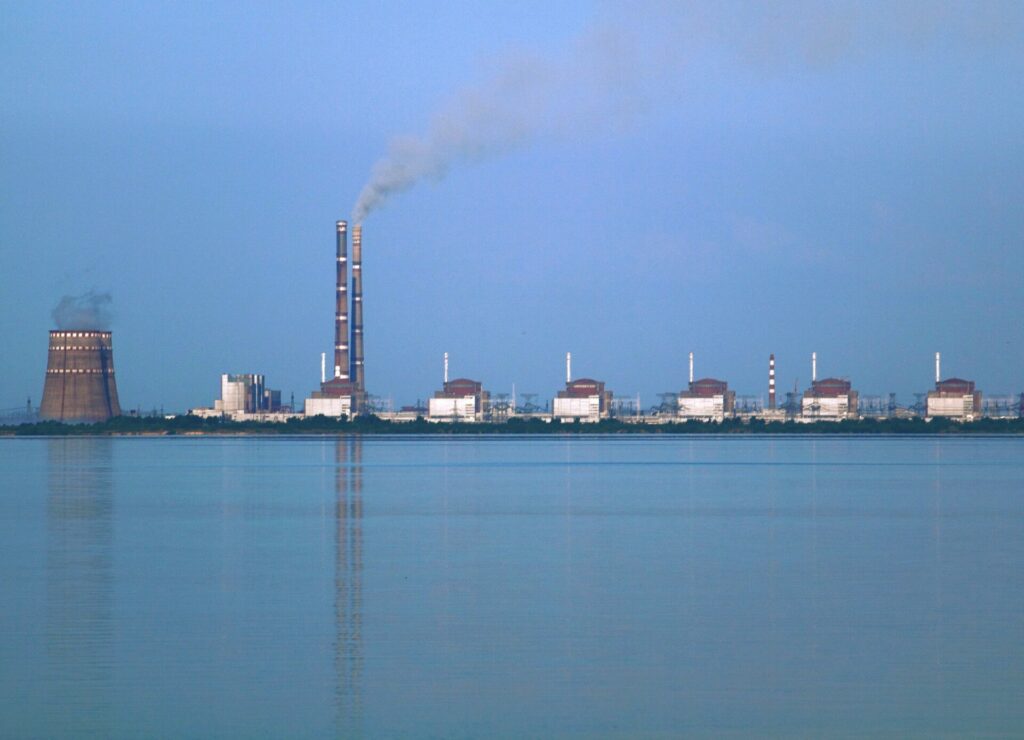Previous reports suggesting that Russian forces were threatening to blow up the Zaporizhzhia power plant on 8 August are now thought to have been false, according to the Institute for the Study of War (ISW). The initial report circulated by Energoatom, Ukraine's state-owned nuclear power station operator, cited threats made by Russian Major General Valery Vasilev, but these are likely fakes, as the pro-Russian Ukrainian publication Lenta Novosti Zaporizhia denies that it ever published the general's comments.
Nevertheless, the ISW still believes that the threat to the Russian-occupied Zaporizhzhia power plant is real. "The likely misreporting distracts from the very real risks of Russia's militarisation of the Zaporizhzhia NPP, which may include mining the plant and almost certainly includes the unsafe storage of military armaments near nuclear reactors and nuclear waste storage facilities."
Earlier reports raised the possibility that the Russian forces were threatening to deliberately blow up the Zaporizhzhia nuclear power plant, having stated that the site is already wired with explosives, as was reported by Energoatom, Ukraine’s state-owned nuclear power station operator.
The nuclear power plant has been under Russian occupation since 4 March, when the plant was captured from Ukrainian forces during the battle for the nearby city of Enerhodar. During the fighting to capture the nuclear power plant, footage showed Russian forces firing heavy munitions towards the plant’s reactor and starting a fire in the complex, which had to be urgently extinguished.

Footage of the Russian assault on the plant on 4 March was livestreamed from cameras at the plant. The Russian attack caused a fired and extensive damage to the site. Credit: Zaporizhzhia NPP/Youtube
Faced with a potential Ukrainian offence against Zaporizhzhia and pushes into the greater Kherson region, Energoatom states that the Russian general in charge of the garrison of the nuclear power plant had made direct threats to cause a major nuclear incident at the site.
“There will either be Russian land, or a scorched desert,” Major General Valery Vasiliev is reported to have told his troops, although this emerged to be a false statement.
Energoatom claims that Ukrainian intelligence services are aware of the fact that Russian forces had rigged the site of the nuclear power plant with explosives.
“As you know, we mined all the important objects of the Zaporizhzhia nuclear plant. And we do not hide this from the enemy,” the occupying Russian general is quoted as saying. “We warned them. The enemy knows that the plant will be either Russian or nobody's.”
Nuclear emergency
The nuclear power plant, the largest in Europe and one of the largest in the world, contains six nuclear reactors producing 950 megawatts of energy each. For comparison, the Chornobyl Nuclear Power Plant, the site of one of the largest nuclear accidents in history, featured four reactors that produced the same total maximum capacity.
In 2020, the nuclear power plant produced 19% of Ukraine’s electricity. Russian troops and military hardware sit adjacent to active nuclear reactors and six cooling pools containing around 855 tonnes of reactor core fuel. If hit, this could trigger an incident even bigger than Fukushima explosion in 2011.
International observers have been calling on Russia to protect the site. The UN has previously warned of imminent “disaster” at the plant if no measures are taken to protect it.
Related News
- More shipments carrying 58,000 tonnes of food essentials leave Ukraine
- Rising concerns after shelling of Ukraine's Zaporizhzhia nuclear power plant
On 6 August, rockets hit the grounds of the nuclear power plant, landing next to the station’s dry storage facility for spent nuclear fuel. Russia and Ukraine accuse each other of being responsible for the attack.
Appearing on Ukrainian television, the head of Energoatom, Petro Kotin, has called for the establishment of a “military-free zone” on the site of the plant, warning of the risk of a Chornobyl-style nuclear disaster if the site was hit by shelling again.
“The decision that we demand from the world community and all our partners…is to withdraw the invaders from the territory of the station and create a demilitarised zone on the territory station,” Kotin appealed.

